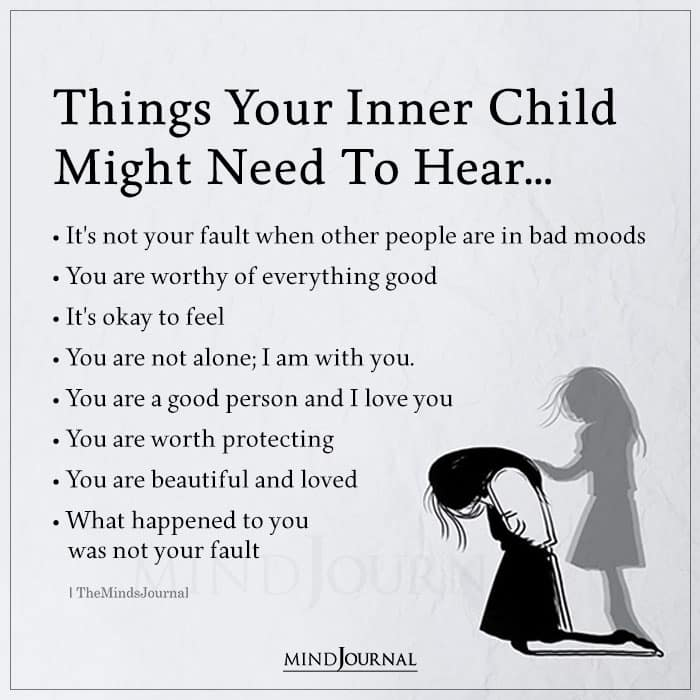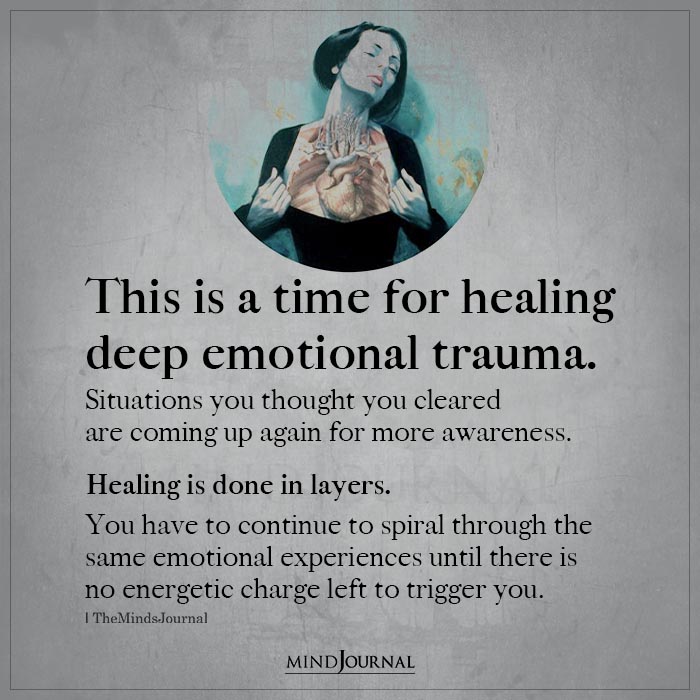Healing from adverse childhood experiences can feel like an overwhelming journey, but it’s entirely possible with the right guidance. These 9 strategies can help you navigate the path towards recovery and reclaim your sense of well-being. Let’s explore these essential steps together.
KEY POINTS
- New therapeutic strategies facilitate the healing of hidden wounds from adverse childhood experiences.
- In addition, rich attitudinal strengths greatly facilitate the healing journey.
- Nine key healing attitudes are described.
This post is part of a series on adverse childhood experiences. Read the other parts here.
Exciting advances in trauma treatment have led to many new self- and professionally-managed strategies that offset the harmful long-term consequences of adverse childhood experiences (ACEs).
However, in studying resilient survivors of serious adversities, we find that certain key attitudes are foundational to healing. These attitudes are essential complements to the newly developed strategies. This article explores the key healing attitudes.
Related: How Do Adverse Childhood Experiences Shape Our Psychology?
9 Keys to Healing From Adverse Childhood Experiences: The Key Healing Attitudes
1. Determined Optimism.
Resilient healers choose the attitude that “I will not be defeated by the past. I will keep my dreams alive. No matter how difficult the day, I will continue to find something to enjoy.”
We think of the Holocaust survivor Viktor Frankl who stood in awe at the breath-taking beauty of the sunset, which he viewed through the barbed wire, while standing in formation in the freezing cold of the WWII concentration camp.
Determined optimism says, “If I continue to do my part, things will likely improve; if I keep searching, I’ll undoubtedly find ways to build a better, more enjoyable life.”

2. Relaxed Control.
It feels great to know that our lives are in control: physically, emotionally, mentally, socially, spiritually, and temporally. An optimistic attitude impels us to take constructive actions in these areas and to enjoy the resulting sense of control.
However, life is uneven. There will most certainly be circumstances that we simply can’t control. When this happens, relaxed control says, “I will roll with the punches: I’ll accept what is beyond my control to change or fix right now.”
3. Negativity Resistance.
Resilient survivors compassionately acknowledge their own pain and suffering. They are comfortable with, and accepting of, all emotions. However, they resolutely fight off depressing negativity.
They might think, “I simply refuse to go to that dark place. I won’t allow myself to indulge unkind, negative thoughts, even for one moment.”
4. Inner, Unshakable Worth.
Resilient healers continually remember that nothing—not the way they were treated in childhood nor recently, not a chemical imbalance, not financial challenges—alters their fundamental worth and potential as a person.
During difficult times, they might remind themselves, “I’m still a worthwhile person; I choose to love and respect myself: I’m in the process of learning and growing, just like everyone else.”
5. The Long View of Suffering.
Ben Franklin taught, “That which hurts instructs.” Suffering is not all bad. It can help us to realize, and take pride in knowing, that we can survive very difficult circumstances. Hard times can lead us to have compassion for ourselves and empathy for those who are similarly suffering.
All experience can be profitable. For example, one survivor of brutal mistreatment in childhood vowed that he would avoid his parents’ mistakes and become a loving father. Against all odds, he did.
Though most resilient survivors say that they would not choose the suffering they endured, they also would not trade the lessons gained from their suffering.
Related: Is It Possible To Heal From Childhood Trauma? 8-Step Plan To Recover
6. Love Replaces Anger.
Anger toward offenders can be crippling. Anger toward the self for weakness can be crushing. Resilient healers find a way to let go of anger and resentment, and to look kindly toward self and others for their shortcomings.
Paradoxically, kindness much more effectively promotes healing and growth than seething anger and harsh criticism.
7. Meaning and Purpose.
One woman, sold into sex slavery as a child, determined that she would make her experience count for something. She became an articulate voice for protecting children from sex trafficking.
As Frankl taught, each of us, in our own unique way, must find meaning and purpose in our lives in order to overcome difficult times. We can do that by finding ways to improve the world, to grow personally, and to enjoy wholesome pleasures.
Instead of passively waiting for love or satisfaction, we can think, “What can I offer? What can I contribute? How can I lift others?”

8. Sense of Humor.
Humor is the ability to amuse or be amused; to be playful; to find the comical in any situation. We can laugh at the ridiculous things we all do sometimes. We can notice the absurd, the ludicrous, the incongruities of life and people.
To laugh at ourselves kindly is to think, “I’m more than my imperfections and weaknesses.” Laughing along with others says, “We’re in this together; we’re not alone; it’ll be okay.”
9. Compassion.
Compassion is sorrow for a person’s suffering coupled with a desire to relieve that suffering. Compassion is sometimes called loving kindness, gentle friendliness, or mature love.
Compassion brings soothing, healing kindness to each moment of life. We can feel compassion, rather than condemnation, toward offenders, who suffer for their weakness.
We can feel compassion, rather than harsh judgments, towards ourselves, who haven’t yet learned all that life has to teach us. Compassion toward self and others can indeed soften our battles in life.
Conclusion
The healing attitudes are chosen. They help us heal and live a happier, more satisfying life. It is liberating to realize that they are within everyone’s reach. But they don’t fall in our lap without effort.
Related: 10 Ways To Overcome Childhood Trauma: Grow Beyond Your Childhood Trauma And Reclaim Your Life
Like a beautiful plant, they are patiently, relentlessly cultivated. Looking back, the effort will seem enormously worthwhile.
References:
Schiraldi, G. R. (2021). The Adverse Childhood Experiences Recovery Workbook: Heal the Hidden Wounds from Childhood Affecting Your Adult Mental and Physical Health. Oakland, CA: New Harbinger Publications.
Frankl, V. (1963). Man’s Search for Meaning. New York: Pocket Books.
Written By Glenn R. Schiraldi
Originally Appeared On Psychology Today










Leave a Reply